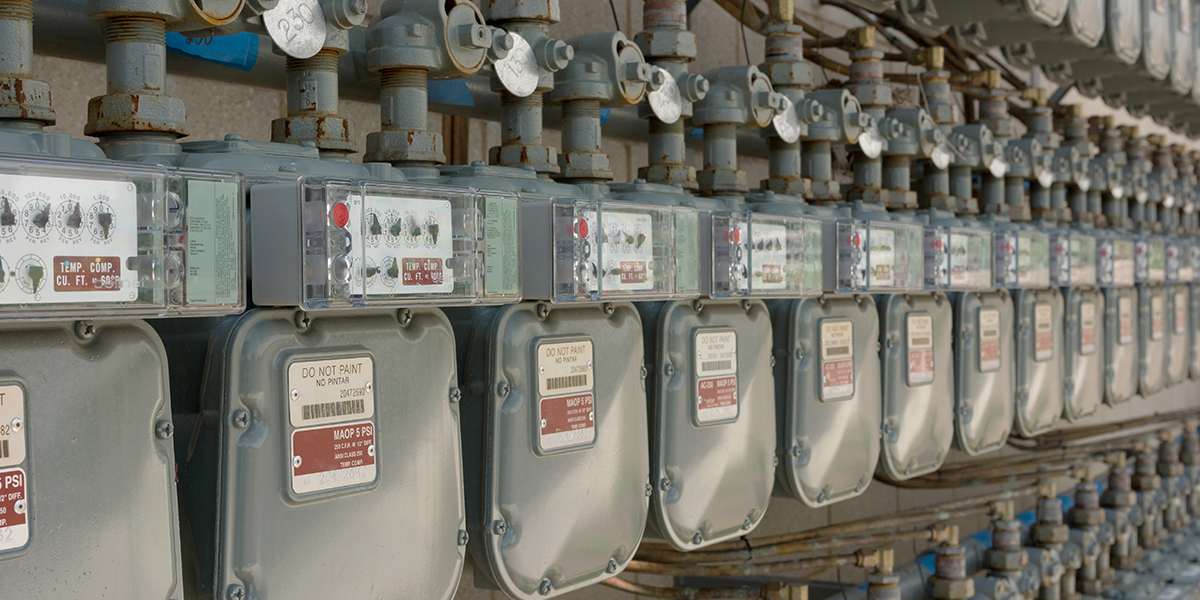The research (Jonathan J Buonocore et al 2021 Environ. Res. Lett. 16 054030) highlighted by RMI doesn't simply analyze energy sources and their emissions; it ties generation to public health. Talor Gruenwald and Stephen Mushegan writing for RMI point out addressing building pollution is crucial for health and air quality throughout the region and that there are economic costs to bear. Their data suggests that the "health impact costs" of fuel combustion in buildings in New York City alone is $12.5B annually.

Buonocore and his fellow researchers state, " Our work demonstrates that health can be considered in energy decisions, health and energy policy are inextricably linked, and that inclusion of health in energy policy may be necessary for true primary prevention of a large portion of disease burden in the U.S."
They further suggest that because new energy infrastructure (for example, gas lines delivered to new buildings) "locks in" health impacts from the source for decades, deployment of zero-emission renewable energy sources may now be necessary to, "continue on a path toward a healthy energy system, and to avoid changes to the energy system that will become 'regrettable assets' in the future."
"This is why we need a #GasFreeNYC," tweeted Liz Moran, Environmental Policy Director for New York Public Interest Research Group, an environment and public health advocacy group.


